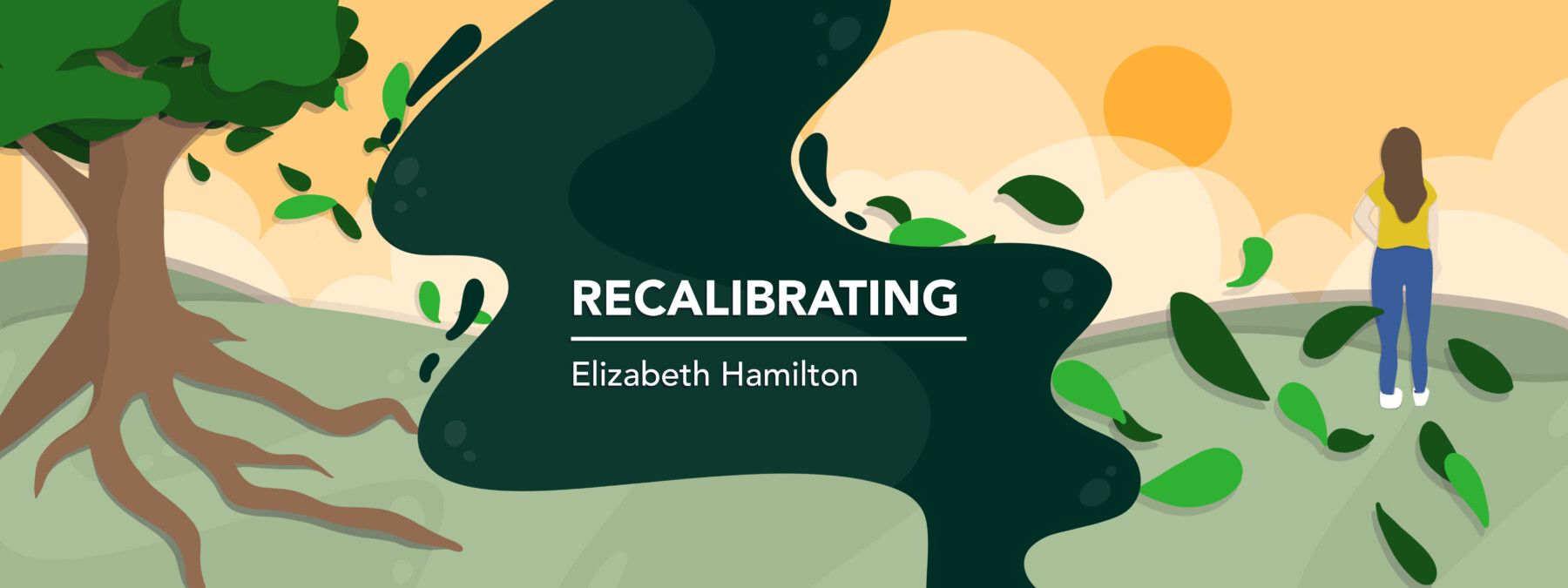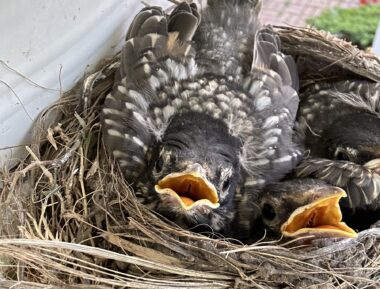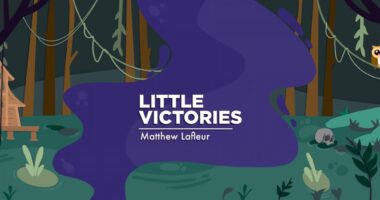How a free app helped to improve my mindfulness, well-being
A mother learns to pause when life with FA gets overwhelming

While the research on the benefits of mindfulness is strong, my ability to engage in the practice is weak. I’ve discussed the positive outcomes of being present as a professional and then, in my personal life, tackled my never-ending to-do list like it’s a race. This builds up an anxiousness that erodes my sense of well-being. Sometimes it’s a way to avoid the challenges of Friedreich’s ataxia (FA). Other times it’s just the reality of caring for a child with medical needs. There’s always an overwhelming number of things to do.
I come from a long line of hard workers who wear their work ethic like a badge of honor. When our 11-year-old daughter Amelia’s health began to fail and she was diagnosed with FA, my response was to roll up my proverbial sleeves. While this is often necessary, healthy, and encouraged, I do it to the point of numbing out. I struggle to meditate or sit still long enough to find solace in a good book. I even struggle to pause long enough to just breathe.
Help for me came from an unusual place: the sky.
Learning to listen
A few months ago, a sibling mentioned she’d been using an app called Merlin to classify bird calls. She pulled out her phone as we were talking, hit a button, and was able to identify the owner of the chirping nearby. It reminded me of a college friend who would call out bird names upon hearing them in films, around campus, or in the woods. Because I like to know things and love nature, I quickly downloaded the app.
At first, it was like a fun game. As I heard birds, I would pull out my phone, engage the app, and see which ones popped up on my screen. Then I found myself listening to them, trying to learn their sounds and name them on my own before looking at my phone. I became aware of the differences in the chirps of a robin versus a cardinal. Then it became something more.
In the mornings now, I often spend a few moments breathing deeply, closing my eyes, and listening to the birds. I name them as I hear them and then, after a few minutes, check my app to see who has shown up.
I’ve found myself feeling a little more grounded, peaceful, and less anxious. Finally, being mindful has become more obtainable. This app has become one of my wellness tools. When I find myself getting overstimulated, I pop outside and listen for the birds.
Cultivating mindfulness
Interacting with nature has known therapeutic benefits. The New York Times and the To The Best of Our Knowledge have both highlighted the benefits of bird-watching and -listening. I’ve tried to bring nature closer to home, making it more accessible for my family. Like a good host, we’ve increased our sunflowers, hung birdhouses, and filled up a birdbath in our yard.

On May 21, baby robins wait patiently in our backyard in Columbus, Ohio, for their next meal. (Photo by Elizabeth Hamilton)
This tool doesn’t stop with me. Mindfulness is incredibly important for our children. There are times when Amelia struggles with frustrations and I search for healthy ways to respond as a parent. Often, we cannot talk about the issue at hand until we slow down, regulate, and get connected with ourselves.
Although Amelia struggles to locate sounds due to FA-related hearing loss, she can still hear and sometimes identify birds. As overwhelming feelings arrive, so can some quiet questions.
Do you hear that chirp? What bird do you think it is?
Take a breath, close your eyes, listen close, and be here now.
Note: Friedreich’s Ataxia News is strictly a news and information website about the disease. It does not provide medical advice, diagnosis, or treatment. This content is not intended to be a substitute for professional medical advice, diagnosis, or treatment. Always seek the advice of your physician or another qualified health provider with any questions you may have regarding a medical condition. Never disregard professional medical advice or delay in seeking it because of something you have read on this website. The opinions expressed in this column are not those of Friedreich’s Ataxia News or its parent company, Bionews, and are intended to spark discussion about issues pertaining to Friedreich’s ataxia.








Leave a comment
Fill in the required fields to post. Your email address will not be published.